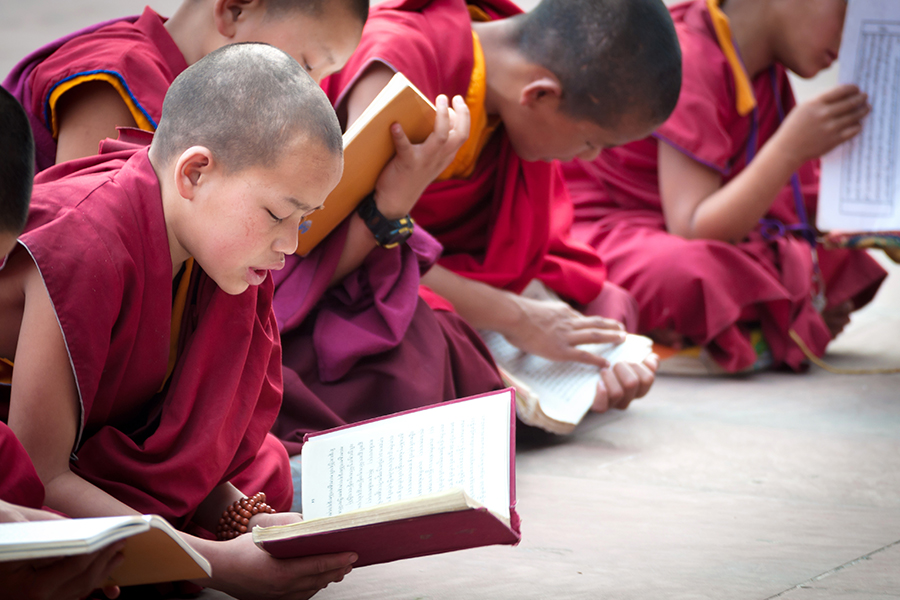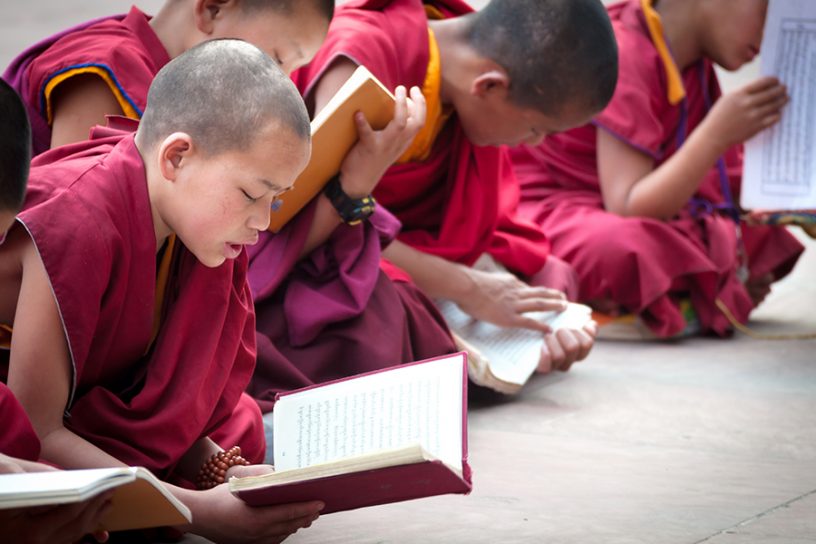
Tibetan students are facing a very unfortunate issue of racist attacks following the recent global coronavirus pandemic, says the author.
Author
Mousumi Mukherjee, Associate Professor, International Institute for Higher Education Research & Capacity Building (IIHEd), O.P. Jindal Global University, Sonipat, Haryana, India.
Summary
In this article, I will specifically focus on the experiences of Tibetan students and how their cultural rights are being violated because of racist profiling as Northeast Indians or Chinese.
My research seeking to learn about Tibetan student experiences began last year as part of a larger project to study the experiences of different groups of international students studying in India. The Tibetan students are not officially accounted for in the official Indian government statistics as International students studying in India.
Their identity somewhere disappears in the government accounts on both domestic and international students. In many college campuses, they are officially treated as any other domestic student, as many of them are first-generation Tibetans born in India. However, since some of them are born in Tibet and came to India only while in high school or even later after high school for college degrees, they are treated as international students.
Hence, Tibetan students have to manage a complex maze of identity challenges within the mainstream Indian higher education system. Moreover, my research findings reveal that Tibetan students are also facing a very unfortunate issue of racist attacks following the recent global coronavirus pandemic.
Tibetan students and the community at large have been facing denial of their cultural rights for a long time, even prior to the pandemic.
The Tibetan cultural rights are not just jeopardized by Chinese occupation of Tibet and forceful promotion of mainstream Chinese language and culture through schooling, Tibetan cultural rights are being also violated in India because of mainstream Indian ignorance about Tibet and constant racist profiling of Tibetan students as Northeast Indians, who are also denied their cultural and citizenship rights by the mainstream Indian society.
Published in: Seminar Magazine
To read the full article, please click here.


